Measuring research impact beyond academia is becoming a standardised part of research. Thanks in part to the changes to the REF, more and more emphasis is being placed on the need to demonstrate the value of research more widely. With that in mind, the latest research outputs, outcomes and impact report from the Medical Research Council (MRC) is a useful tool for demonstrating that impact to a broad audience. Based on research taken place over the last few years, the report gathers together impact statistics and case studies of key outcomes and explains them in language accessible to all.
It makes for interesting reading, with statistics showing:
- 46% of MRC-funded research projects attracted further funding from more than 1,000 different funders,
- Between 2006 and 2013, researchers took part in more than 23,000 public engagement events,
- One fifth of researchers reported that their work had an impact on local, national or international policy,
- 12% of awards led to the development of a product or intervention.
Statistics aside, some of the most exciting parts of the report lie in the stories and case studies identified. For example, research about portion sizes from the MRC’s Human Nutrition Research Group went on to inform a recent ‘Portion Distortion’ campaign from the British Heart Foundation. Not only did the research support an effective campaign, it was also used to influence public health policy in the Department of Health and prompted major food companies to re-shape their business strategies.
A further example from the MRC Institute of Hearing Research demonstrated how researchers were able to develop a new test to measure listening attention by measuring sound comparison and reaction times. It looks at how quickly people respond to sounds, how quickly people can pick out changes in relevant information in sound and how well people ignore irrelevant information in sounds. The test is being used in research training and testing, with versions available for both children and adults.
So what can be learned from this? The report showcases only a few exciting and inspiring research projects funded by the MRC – clearly there is far more going on than can be reported. However, it is an excellent example of the research work going on across the country and shows the wide range of impacts and outcomes research can have in areas such as policy, product development and industry collaboration to name but a few. While research impact is still an emerging area, this latest report from the MRC shows why it is so important to measure it, as the contribution MRC-funded projects are making to society as a whole is clearly substantial.
You can find out more about BU’s research impact work here or by contacting the Knowledge Exchange and Impact Team.













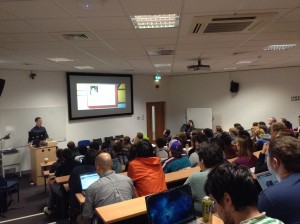
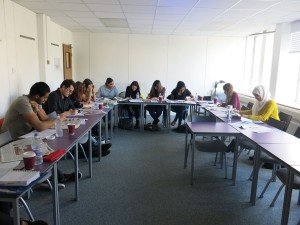
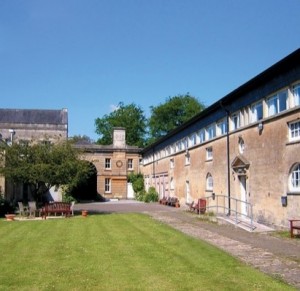
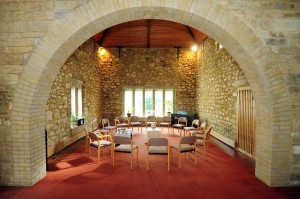
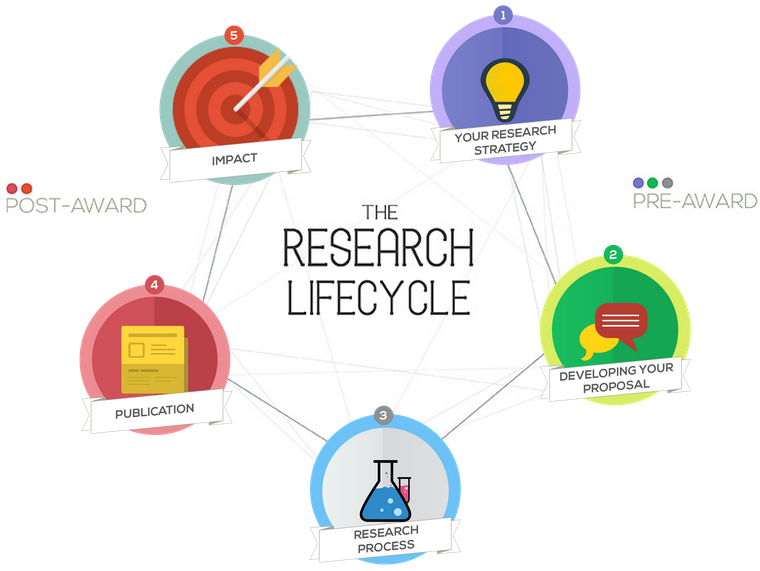
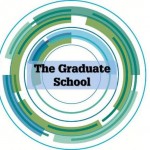
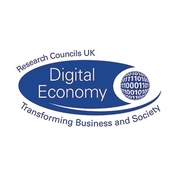
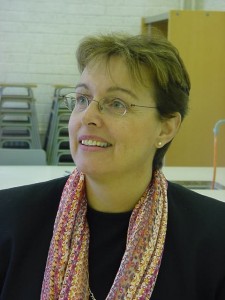

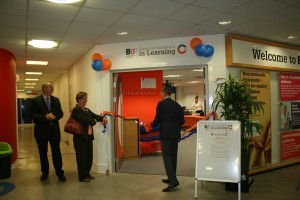











 Upcoming opportunities for PGRs – collaborate externally
Upcoming opportunities for PGRs – collaborate externally BU involved in new MRF dissemination grant
BU involved in new MRF dissemination grant New COVID-19 publication
New COVID-19 publication MSCA Postdoctoral Fellowships 2024
MSCA Postdoctoral Fellowships 2024 Horizon Europe News – December 2023
Horizon Europe News – December 2023